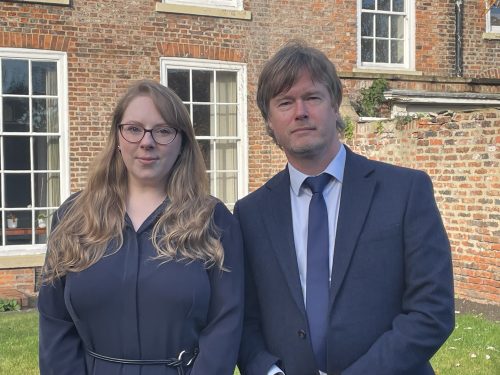The amount charged by the Probate Registry for original copies of the grant of representation is increasing from £1.50 to £16.00 per copy. This will significantly increase the cost of applying for probate when there are a number of assets in a deceased’s estate since it is usually at the point of the application that additional copies are purchased.
This increase will apply on all requests for copies from the 17th November 2025 and includes “grants of probate” where the deceased left a Will, as well as “letters of administration” in cases where they did not.
Solicitors can certify original copies of the grant which may allow executors and administrators to send off multiple notifications to asset holders rather than circulating a single original of the grant.
The court fee for the application for the grant of representation remains at £300.
Contact Harland & Co. Solicitor’s Private Client Team on 01904 655 555 or email kevingrant@harlandsolicitors.co.uk for expert assistance in dealing with the Probate Registry if you are an executor dealing with the administration of a deceased’s estate.
